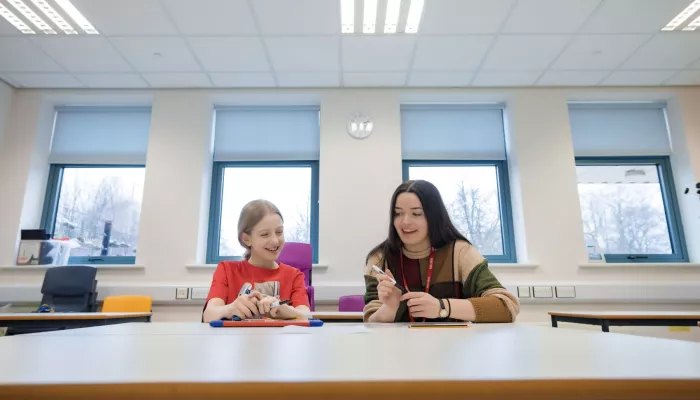
DfE and Ofsted reports published which highlight the positive perception of tutoring
Today sees the release of two new publications, both giving positive perspectives on tutoring. These reports reinforce the view that, done well, tutoring is an effective intervention that can make a real difference to learners.
Published:
